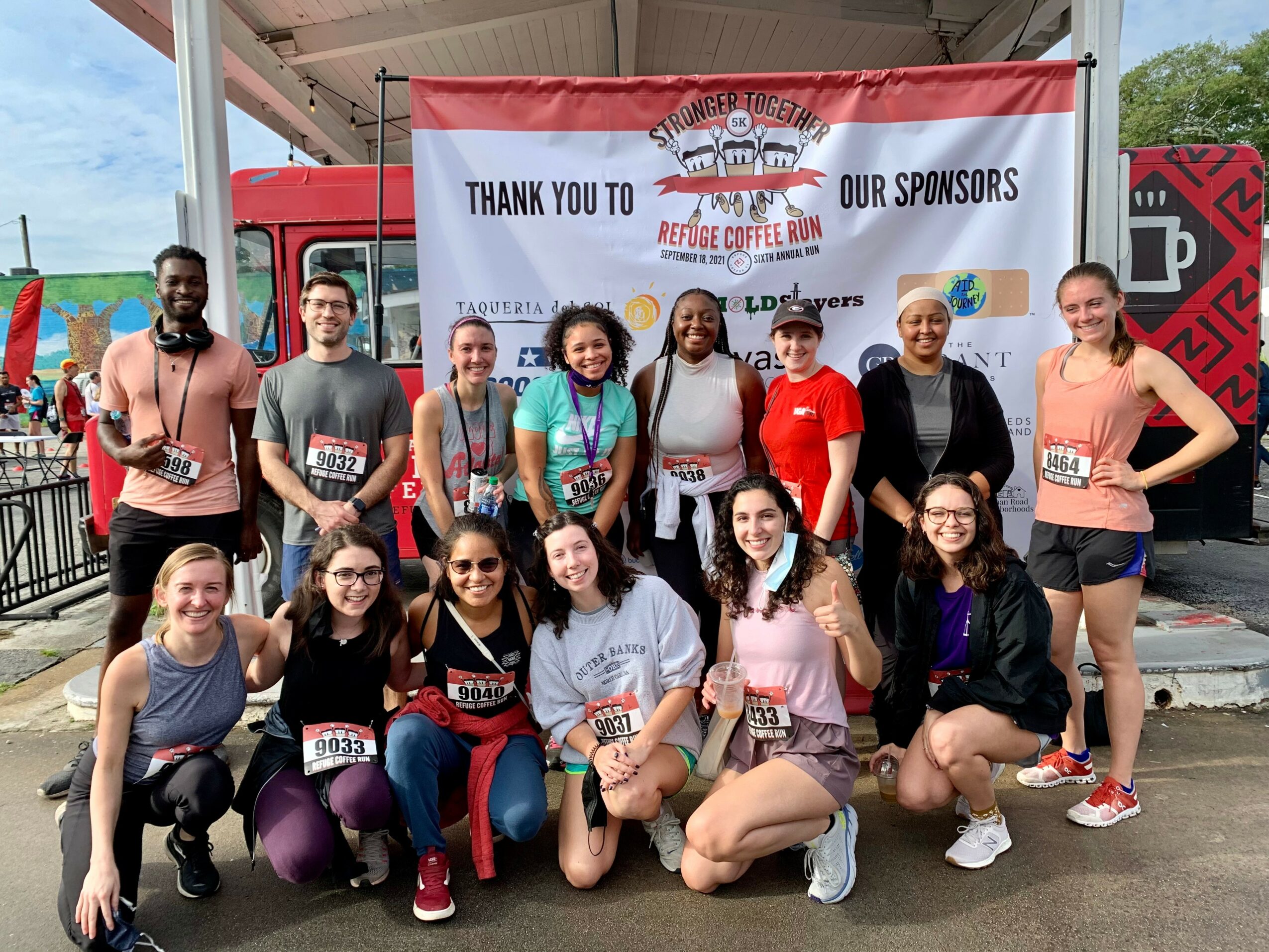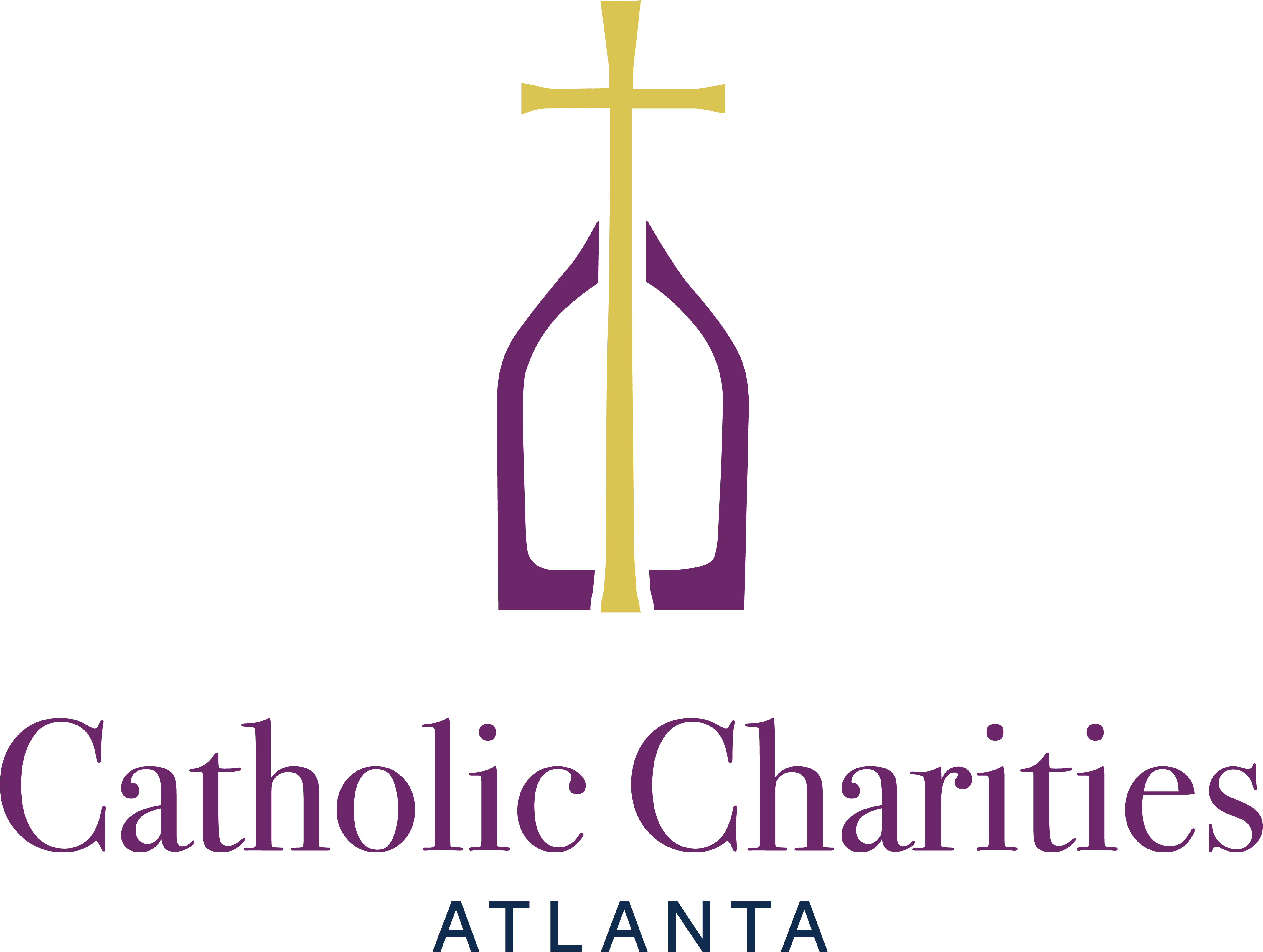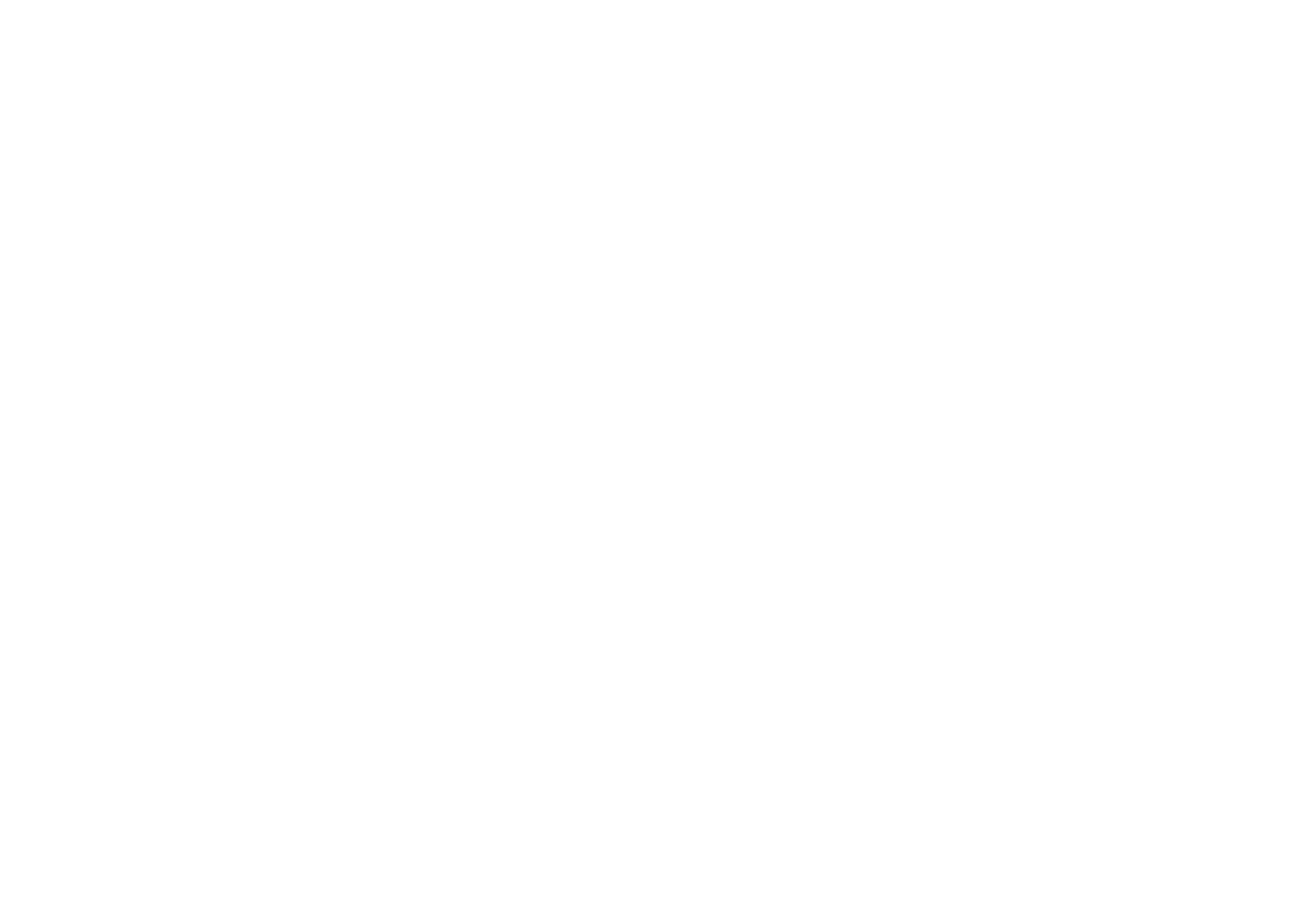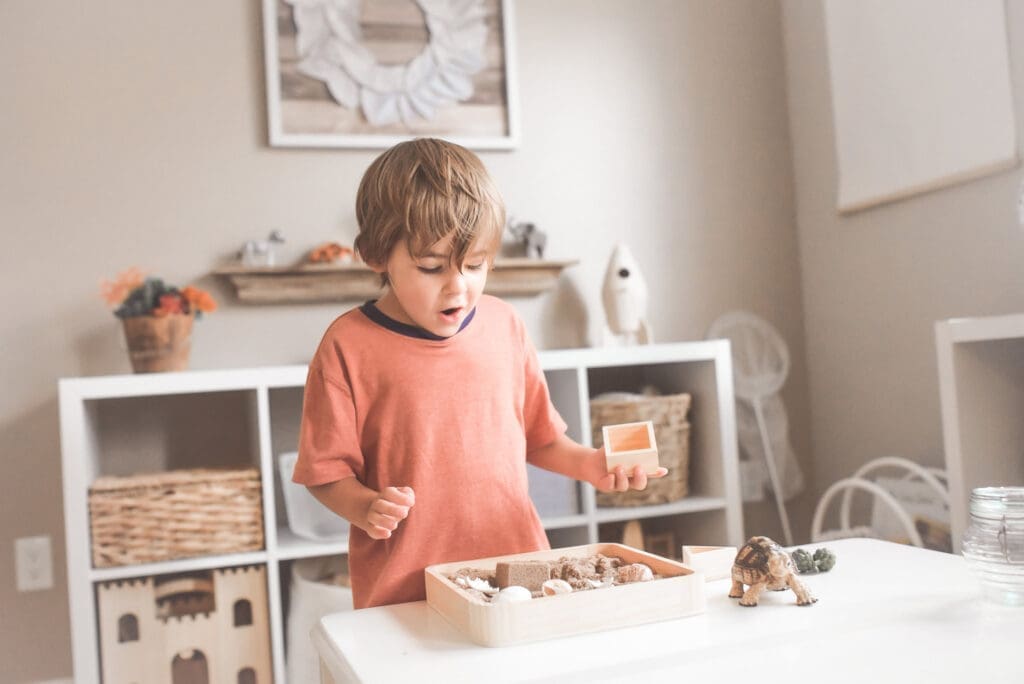Today we’d like to introduce you to Morayo Oshode & Neidegar Martinez. (VoyageATL-http://voyageatl.com/interview/check-out-morayo-neidegar-morayo-oshode-neidegar-martinez-s-story)
Hi Morayo & Neidegar, please kick things off for us with an introduction to yourself and your story.
Neidegar’s Interview Responses:
I received a B.S. in Psychology from Venezuela and I came to the United States mainly because my partner and I had common and personal projects to be pursued in the U.S. At the same time, my country was experiencing a socioeconomic and political crisis that accelerated some stages of our project. My first goal was to reach the English language proficiency that would allow me to advance in my professional career.
After working hard to reach this requirement, I was able to apply to two different universities in Georgia and I was admitted to Georgia State University for the M.A. in Gender and Sexuality Studies. I remember the happiness and the sense of accomplishment that I felt when I received the acceptance letter from GSU. The doubts that I had held years before while I was preparing myself just started to disappear. My personal experience migrating along with the master’s program extended my perspective and prepared me for the next step of working in the field as a mentor of refugee youth.
Morayo’s Interview Responses:
I’m the daughter of immigrants from Jamaica and Nigeria. As a first-generation American, I always had to figure out the American school system and explain it back to my parents, and if they did know something they surely didn’t help me with it. I still remember sitting on the floor with my FAFSA application and financial aid package from Spelman College trying to figure out who was going to pay for my degree and now that’s a service I regularly provide! Experience is usually the best teacher, but I can firmly say now as an adult that life could have been a lot easier if I was able to just be a child at times and not a cultural and social navigator.
My early childhood experiences are what attracted me to the Refugee Youth Mentoring Program (RYMP) at Catholic Charities Atlanta (CCA). Refugee youth are among the most resilient youth you can meet; as they must navigate learning a new language often much faster than their parents, adjusting to the American school system, and trying to make new friends in a foreign country.
Although I never had a formal mentor outside of research experiences in academia, I always had an abundance of adult women who I could talk to about anything and still do today. The influence that all these women had on me made me who I am today and I’d like to share that with others.
Alright, so let’s dig a little deeper into the story – has it been an easy path overall and if not, what were the challenges you’ve had to overcome?
Neiddegar’s Interview Responses:
The language barrier is not always a smooth road to navigate, especially after I had already collected professional experience. Even when I felt that I was prepared to migrate, the first years after arrival felt hard and difficult. I was presented with opportunities that did not align with my plans at the moment, and sometimes uncertainty made it difficult for me to make decisions. It was scary for me because I wrongly felt I was starting over from scratch because of the language barrier. However, I now realize that I have not honored the experience and knowledge that comes with me. Getting to this point required a lot of learning, flexibility to adjust to changes and tolerance of uncertainty.
Morayo’s Interview Responses:
I’m not sure if anyone truly has a smooth road but there have definitely been some detours along the way. We do our best to practice self-care and take care of each other as a team. Our biggest challenge in the past 2 years has been recruiting mentors who can commit to volunteering for 2 hours a week, for a total of 8 hours a month for 1 year. Post-pandemic, potential volunteers are much more careful with their time so it makes finding awesome matches for our youth a longer process.
Can you tell our readers more about what you do and what you think sets you apart from others?
Neidegar’s Interview Responses:
Previously, I interned with CCA for one year in both the After School and Mentoring Programs until I transitioned to my current position. I am part of the Youth Team at CCA as a Refuge Youth Support Specialist providing socio-emotional and academic support to refugee youth. I help refugee youth to navigate different academic spaces like schools and colleges. Part of my work is conducting mentoring sessions regarding education rights, tutoring some academic topics, and finding resources to provide experiences that help mentees to define their short or long-term goals. I also provide case management to the youth and their families in order to support social adjustment.
I am also a soccer coach in a grassroots organization called Soccer In The Streets that brings soccer to the Clarkston community by teaching soccer skills and socio-emotional learning. Kids are able to practice not only technical skills but also learn self-confidence, teamwork and the value of belonging to a community. The kids know me by the name Coach Nei.
I feel passionate about society, culture, and the individual. Part of my professional identity focuses on these themes and are the topic that I enjoy the most, and they have determined my professional steps so far. My passion, energy, and self-motivation to meet the difficult and face situations that might feel scary at times, I would say are the aspect that I am most proud of.
Morayo’s Interview Responses:
Neidegar and Myself develop and engage newly arrived refugee youth in two mentoring programs in order to assist with their transition to life in the United States, but specifically Clarkston, Georgia- the Ellis Island of the South. The Mentoring Program is one of the services offered by the Youth Team within Catholic Charities Atlanta’s Refugee Resettlement Agency. The majority of the mentees in the program come from our resettlement caseworkers who identify various needs of newly arrived families, but we also welcome referrals of refugee youth from outside Catholic Charities Atlanta as well!
Neidegar and I both have Mental Health backgrounds and use our expertise to provide trauma-informed social-emotional services to the youth. Neidegar spearheads a program designed for older youth and emerging adults ages 15- 24 years old where CCA Staff serve as the mentors to a cohort of mentees for one year. I match volunteers from the Atlanta community with refugee youth ages 9 – 17 years old for one year and support matches with supervision, ongoing training for mentors, academic assistance, and tickets to do fun things together whenever possible.
We are best known for showing up for the mentees and their families. We attend school games, school counseling/teacher conferences, doctor’s appointments– you name it and we’ve done it! We help bridge the gap for parents who can use the help of adults who understand life in Georgia, the school system and can help be there to assist in person when needed.
Before we go, is there anything else you can share with us?
If you believe you would make an amazing mentor and have the time to spend with a refugee youth, then we would love for you to apply on our website. We are in need of 50 mentors to meet our program needs and are always looking for volunteers for other areas as well! (see attached graphic for more information). I would also like to share a story with you about a Mentor-Mentee Story…
We have a mentor-and mentee who were matched for just 12 months but decided to stay matched for over two years because they truly share an incredible bond. The pair bonded over pickup games of basketball at the local YMCA, long nights of doing last-minute homework, helping the mentee’s family move apartments, and supporting the mentee and his family through a time of great loss. You could frequently find his mentor right next to his mother at his weekend soccer games. This amazing mentor always made his mentee feel like he was part of his family as well by bringing him along to his family activities and inviting him for Sunday Dinner. Sundays were their day together and even though their formal supervision has ended in mentoring, they still have a friendship that will last far longer than their match. We match for a year but hope for a lifetime of support.



